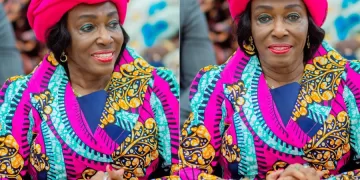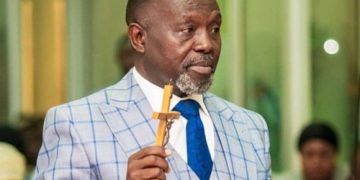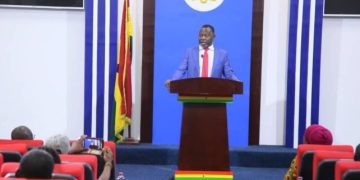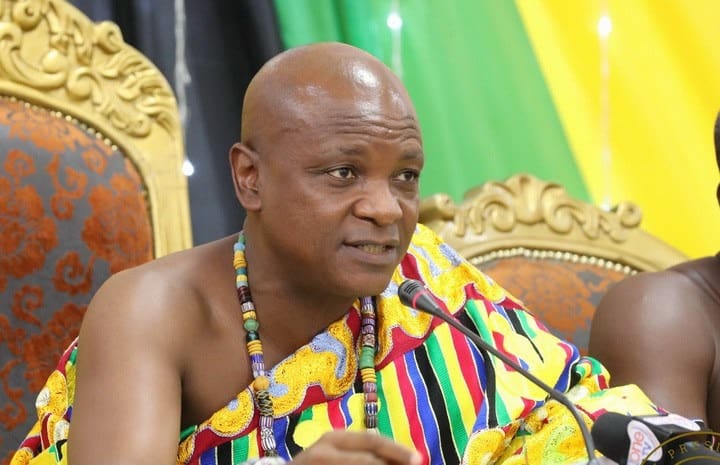Togbe Afede XIV[/caption]
The National House of Chiefs is asking Ghanaians to reject the introduction of partisan politics into the district level election by voting NO in the December referendum.
According to the House of Chiefs, “efficacy and utility” of amending Article 55(3) which is an entrenched clause “is questionable”.
This was contained in a statement issued by the House Chiefs on Friday, signed by its President and Vice President, Togbe Afede XIV and Daasebre Nana Kweku Ewusi VII, respectively.
“The House, based on the recommendation of its Legal Committee, strongly objects to the proposal that membership of local assemblies should exclusively comprise representatives of political parties, as in the case of Parliament.
“We are therefore advocating for the outright rejection of the proposal to amend Article 55(3) of the Constitution…”
The chiefs also argued that the framers of the 1992 Constitution had good reasons for protecting the local government system from partisan politics, insisting that “the rationale for the new reforms has not sufficiently addressed the grounds for the exclusion”.
 Reasons for the rejection of YES by the chiefs include:
Reasons for the rejection of YES by the chiefs include:
- While we are aware that the election of chief executives of districts etc. could result in the coexistence of central government and local government controlled by different political parties, experience clearly demonstrates that the culture of “winner takes all” would prevail at the local level to the detriment of our united development
- We are concerned that the introduction of partisan policies into local government will be accompanied by the unwholesome political culture and the corruption associated with partisan politics, which has already done a lot of harm to our society and economy.
- The incidence of exclusiveness, the unhealthy politicization of all issues, the marginalization of citizens who do not belong to the ruling party, and the exclusion of skilled manpower on partisan grounds would be detrimental to development and good governance at the local level.
- Currently the appointment of 30% Government nominees to local assemblies has been totally vitiated by partisan politics, with the result that appointments are determined by party membership to the virtual exclusion of traditional authorities and other non-political groups – a total travesty of principles of good governance.
- By every democratic principle, traditional authorities and other non-political groups must have a legitimate say in the use of their resources and the selection and location of development projects financed by such resources.
- Effective decentralization would be adversely affected by the control of local parties by the headquarters of national political parties.



























